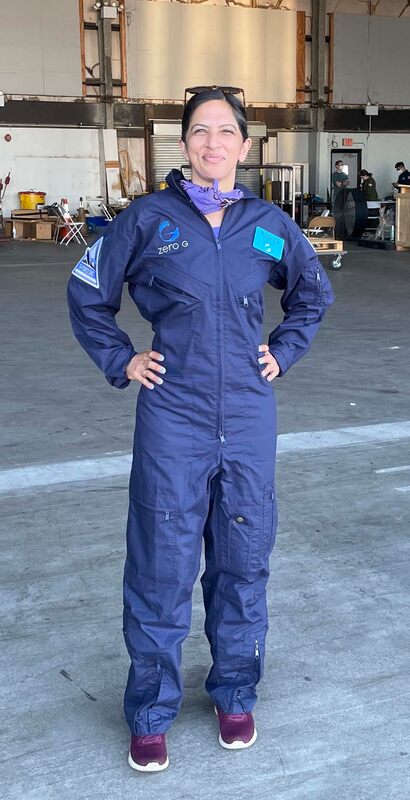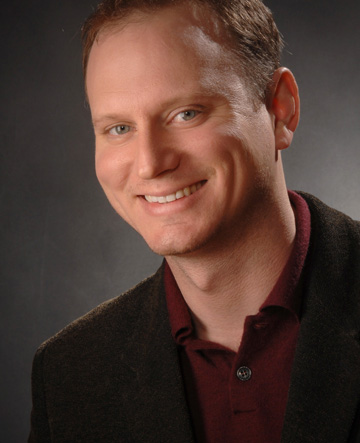Keynotes
Prof. Radhika Nagpal, Princeton University |
|
 |
Prof. Nagpal holds a joint appointment in the departments of Mechanical and Aerospace Engineering and Computer Science at Princeton University where she runs the Self-Organizing Systems Research Group. Prior to joining Princeton she was the Fred Kavli Professor of Computer Science at Harvard University and a founding Faculty Member of the Harvard Wyss Institute for Biologically Inspired Engineering. Before becoming faculty, Prof. Nagpal spent a year as a Research Fellow in the Department of Systems Biology at Harvard Medical School, received her PhD and was a Postdoc Lecturer at the MIT Computer Science and Artificial Intelligence (CSAIL) supported by the Bell Labs GRPW Fellowship (1995-2001).
Her work aims to develop computational models and engineering principles for self-organizing systems in which large numbers of simple agents cooperate to produce complex and robust global behavior. Her work has explored many topics on the border of computer science, robotics, and biology. Alongside research, Prof. Nagpal is a strong advocator for a diverse workforce, being the founding advisor for the Harvard Women-in-CS Club (WiCS), a founding ally member of the Black-in-Robotics Boston Chapter (BiR), and an advocate for a nurturing culture and gender/racial equity in academia and STEM. Prof. Nagpal has received numerous awards including the Microsoft New Faculty Fellowship (2005), NSF Career Award (2007), Anita Borg Early Career Award (2010), and Radcliffe Fellowship (2012), and the Nature 10 Award. In 2020 Prof. Nagpal became an AAAI Fellow and an ACM Fellow (2020). |
Prof. Iain Couzin, Max Planck Institute of Animal Behavior |
|
| Prof. Couzin is the Director of the Department of Collective Behavior at the Max Planck Institute of Animal Behavior and a Full Professor at the University of Konstanz, where he is also a spokesperson of the Cluster of Excellence ‘Centre for the Advanced Study of Collective Behaviour’. Previously he was a Full Professor in the Department of Ecology and Evolutionary Biology at Princeton University (2013), and prior to that a Royal Society University Research Fellow in the Department of Zoology, University of Oxford, and a Junior Research Fellow in the Sciences at Balliol College, Oxford (2002-2007).
His work aims to reveal the fundamental principles that underlie evolved collective behavior, and consequently his research includes the study of a wide range of biological systems, from insect swarms to fish schools and primate groups. In recognition of his research he has been recipient of the Searle Scholar Award in 2008; top 5 most cited papers of the decade in animal behavior research 1999-2010; the Mohammed Dahleh Award in 2009; Popular Science’s “Brilliant 10” Award in 2010; National Geographic Emerging Explorer Award in 2012; the Scientific Medal of the Zoological Society of London in 2013; a Web of Science Global Highly Cited Researcher in all years from 2018 to 2022; the Lagrange Prize “the first, and most important, international recognition in the field of complexity science” in 2019; and Germany’s highest research honor, the Leibniz Prize, in 2022. |
|
Prof. Mac Schwager, Stanford University |
|
 |
Prof. Schwager is affiliated with the Aeronautics and Astronautics Department at Stanford University, where he runs the Multi-Robot Systems Lab. Prior to joining Stanford, he was an assistant professor at Boston University (2012-15), did his PhD at MIT in Mechanical Engineering followed by a postdoc in the GRASP lab at University of Pennsylvania.
His work focuses on endowing groups of robots with the intelligence to collaborate safely and effectively with humans and each other in real-world, unstructured environments. This spans research at the intersection of control theory, optimization, ML, and computer visions. Prof. Schwager has received many awards for his research, most notably the Toshio Fukuda Young Professional Award (2019), a Google Faculty Research Award (2018), a DARPA Young Faculty Award (2018), and the NSF CAREER award (2014). |
